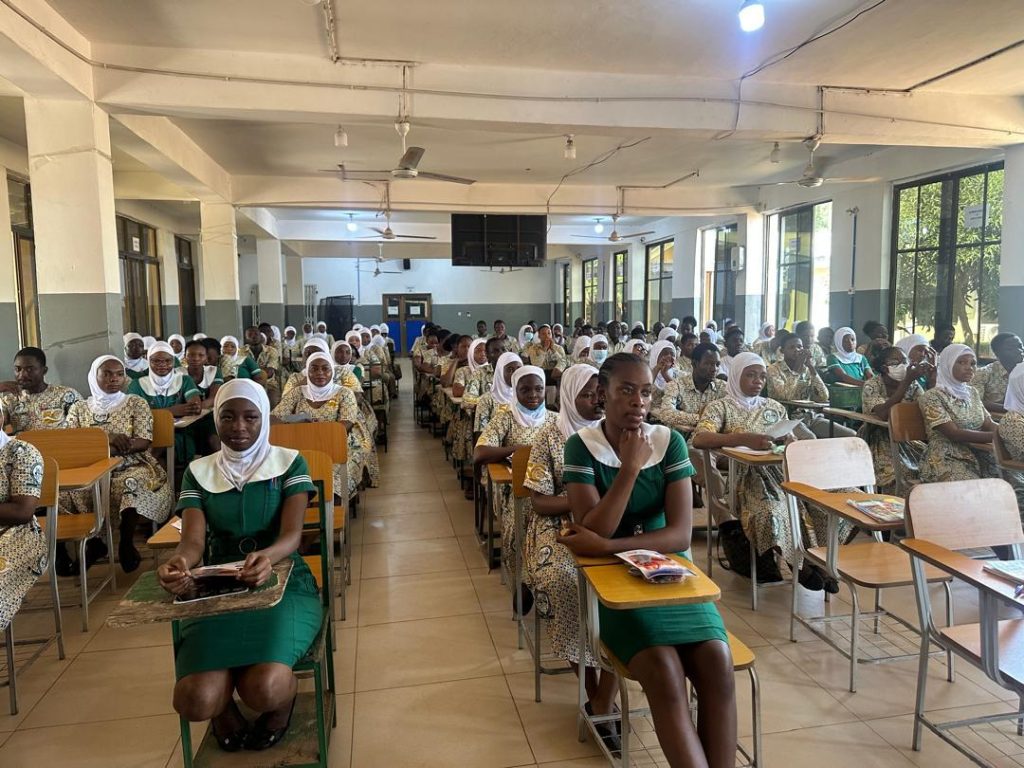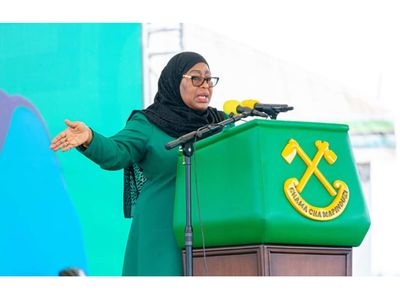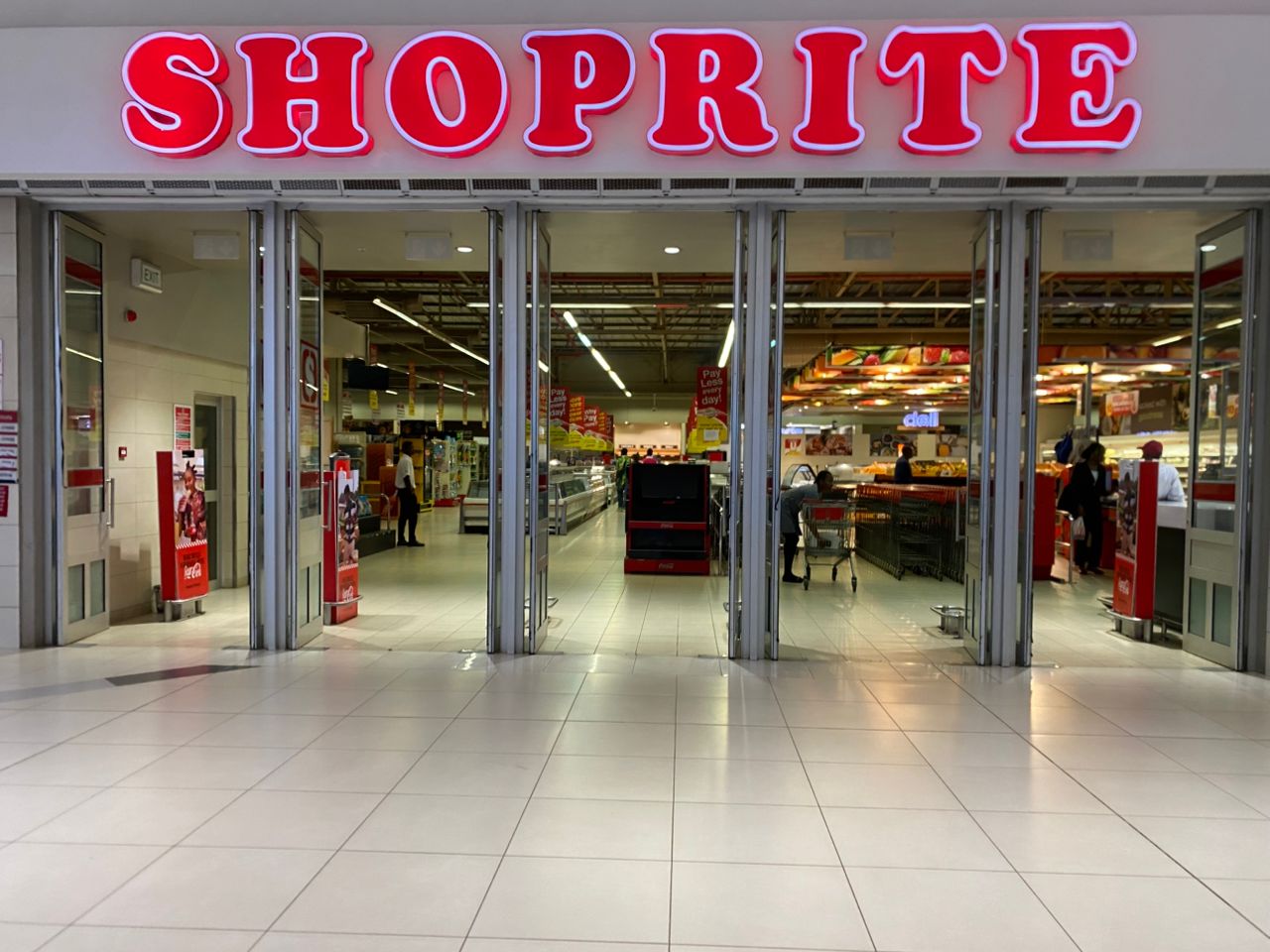
The National Petroleum Authority (NPA) has intensified its nationwide Liquefied Petroleum Gas (LPG) safety campaign, expanding the sensitisation programme to universities and other tertiary institutions across the country.
The initiative, led by the Consumer Services Directorate in partnership with the Corporate Affairs and Gas Directorates, is part of the Authority’s continuous efforts to promote the safe and efficient use of LPG.
This is especially true considering recent gas-related incidents reported in some institutions, including the unfortunate explosion at the UDS–Nyankpala Campus involving two students.

As part of this national awareness campaign, a team from the NPA, led by the Acting Director of Consumer Services, Mrs Eunice Budu-Nyarko, visited the Northern and Upper East Regions. They engaged students of tertiary institutions and traders in key markets to highlight the health, safety, and environmental advantages of adopting LPG within a secure and well-regulated environment.
The sessions featured interactive demonstrations, open forums, and the distribution of educational materials to enhance awareness of safe LPG use.
The delegation, which included Ing. Johnson Gbagbo Jnr, a Supervisor at the Gas Directorate; officials from the Consumer Services and Corporate Affairs Directorates; and representatives from the respective Regional Offices, visited the University for Development Studies (UDS – Dungu and Nyankpala Campuses) and the Tamale Nursing and Midwifery Training College in the Northern Region.

In the Upper East Region, the team engaged with students from the Bolgatanga and Zuarungu Nursing and Midwifery Training Colleges and traders at the Bolgatanga main market, among others.
In a presentation, Ing. Johnson Gbagbo Jnr demonstrated practical methods for safely installing, handling, and maintaining LPG cylinders and accessories.
He stressed the importance of regular cylinder inspections, proper ventilation, and quick responses to gas leaks.
Ing. Gbagbo further explained the Cylinder Recirculation Model (CRM), a significant national policy designed to promote safety in LPG distribution, and encouraged students to advocate for safe LPG practices on campus and in their communities.
In her remarks, Eunice Budu Nyarko highlighted the health and environmental advantages of LPG over traditional fuels like firewood and charcoal.
She warned that prolonged exposure to smoke from these fuels greatly increases the risk of respiratory and cardiovascular diseases. In contrast, LPG presents a cleaner, safer alternative supporting the Authority’s sustainability and public health goals.
Regional Managers and their representatives, who were part of the delegation, also informed participants about the Authority’s wider regulatory functions, including the siting and licensing of fuel stations.
They assured students and the general public that the Authority remains committed to upholding safety standards across the downstream petroleum sector and continues to maintain an open-door policy to receive and address consumer concerns.
The post NPA promotes LPG as safer, cleaner alternative to traditional fuels appeared first on The Herald ghana.





